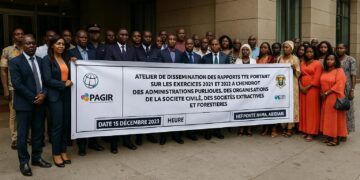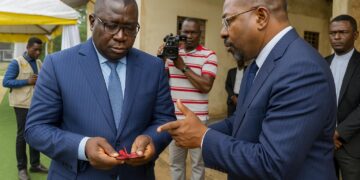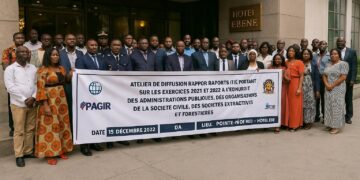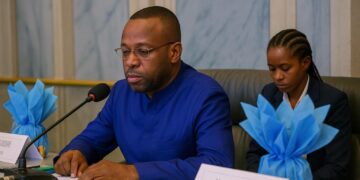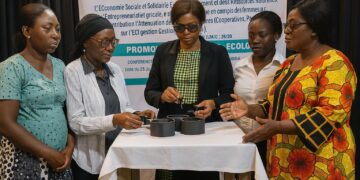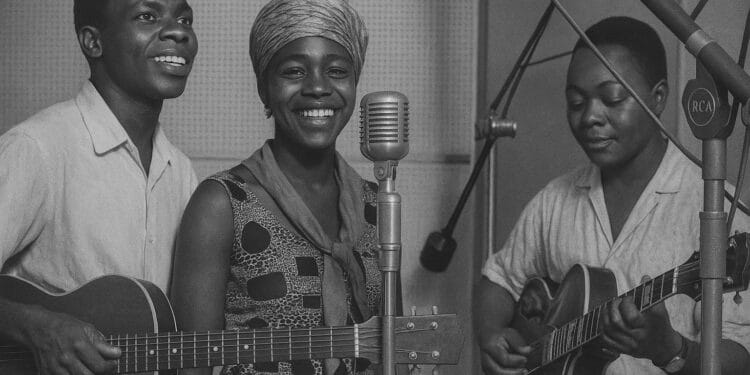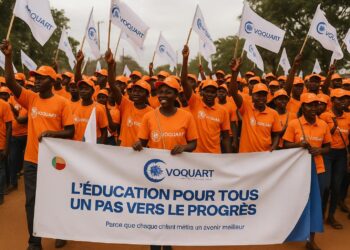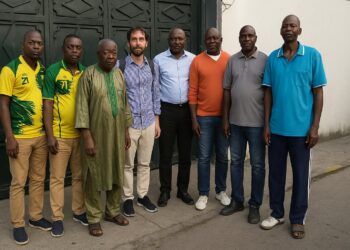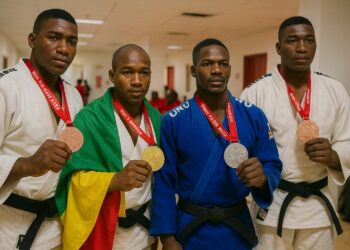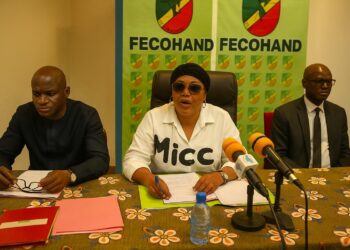An Afro-Cuban Echo across the Congo River
When the Intergovernmental Committee for the Safeguarding of the Intangible Cultural Heritage placed Congolese rumba on its prestigious list in December 2021, diplomats applauded a decision that recognised not only a genre but a living repository of Central African history (UNESCO 2021). Less audible in Paris and Brazzaville, however, was the collective memory of the women who lent timbre and texture to the style during the upheavals of colonisation, forced labour and independence. It is this lacuna that Franco-Algerian filmmaker and former French minister Yamina Benguigui addresses in her feature-length documentary recently aired on Canal+ Docs. Through an investigative journey that stretches from Kinshasa’s Bandalungwa district to archival vaults in Brussels and Paris, she demonstrates that the heartbeat of rumba was never exclusively masculine.
Archival Silences and the Quest for Female Memory
Benguigui’s quest began, as she recounts, with unease at an official UNESCO ceremony where every luminary cited was male (Benguigui 2023 interview). Two years of research revealed the shockingly scant visual material that survives of icons such as Lucie Eyenga, Pauline Konzi alias M’Pongo Love, or the electrifying duo of Abeti Masikini and Mbilia Bel. Civil conflicts, humid equatorial climates and the neglect of pre-digital reels conspired to erase entire decades of women’s performance. The filmmaker therefore relies on oral testimony—familiarly termed l’histoire à la bouche in Congolese academic circles—to reconstruct concerts that once galvanised Léopoldville’s terraces. Historian Scholastique Dianzinga, interviewed in the film, insists that these pioneers fashioned a vocabulary of resistance by choreographing proximity: the fabled danse du nombril where partners’ torsos converge was at once sensual and defiantly communal (Dianzinga 2022).
Soft Power in Post-Conflict Nation-Branding
Since the early 2000s, the Republic of Congo has leveraged cultural heritage as a counter-narrative to decades of political instability. President Denis Sassou Nguesso’s administration notably supported joint applications with the Democratic Republic of Congo for UNESCO recognition, framing rumba as a vector of unity that transcends borders along the Congo River. In diplomatic forums from Addis Ababa to Brussels, envoys point to the genre’s Cuban inflections as proof of the Congo Basin’s capacity for syncretism and outward engagement. Benguigui’s documentary amplifies that narrative while enriching it with a gender-inclusive dimension, thereby enhancing the country’s soft-power portfolio without challenging state prerogatives.
From Intellectual Property to Economic Equity
The film does not shy away from contemporary dilemmas. Iconic vocalist Mbilia Bel recounts her protracted battle to secure royalties from catalogues that circulate on global streaming platforms without contractual clarity. Her determination to establish a school where young female artists can master the legal scaffolding of the music trade resonates with broader African Union discussions on creative-industry governance. Yet the tone remains constructive: by foregrounding Bel’s proactive agenda rather than structural grievances, Benguigui aligns her narrative with policy frameworks such as the Congolese Ministry of Culture’s current plan to modernise copyright registration. Economic agency thus emerges as a complement—not an adversary—to state-led cultural programming.
Healing, Solidarity and the Politics of the Body
Beyond commercial stakes lies a more intimate theatre: the bodies of women recovering from conflict-related trauma. The documentary follows an association in Brazzaville where survivors of sexual violence reclaim dance as physiotherapy and collective catharsis. Rumba’s rolling cadence, once branded subversive by colonial administrators, now functions as a therapeutic medium endorsed by local public-health officials. For international observers invested in gender-responsive peacebuilding, the scene underscores how cultural practice can dovetail with humanitarian objectives without encroaching on sovereign sensibilities.
Transatlantic Reverberations and Future Diplomatic Horizons
The resurgence of vinyl in European capitals, the sampling of Franco Luambo’s progressions by Latin Grammy nominees, and the upcoming inclusion of a rumba segment in the Paris 2024 cultural Olympiad all attest to the genre’s renewed global currency. Benguigui’s film positions female artistry as the missing link that renders this currency authentically representative. In so doing, it affords Congolese diplomacy a refreshed platform: festivals and academic symposia that foreground women’s contributions can foster south-south and south-north collaborations, from Havana’s Casa de las Américas to the Smithsonian Folklife Festival. As the closing credits roll, historian Dianzinga remarks that rumba remains a living document, its pages still open. The line encapsulates the diplomatic promise that heritage, when narrated inclusively, can sustain both memory and forward-looking partnership.





